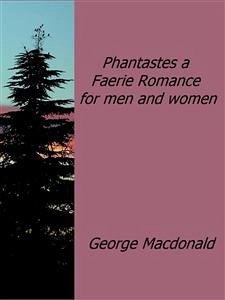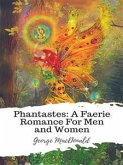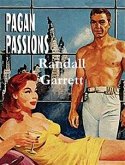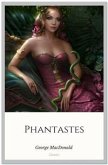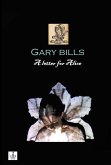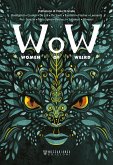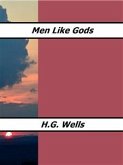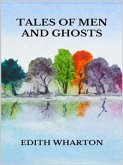Phantastes: A Faerie Romance for Men is a fantasy novel written by George MacDonald, first published in London in 1858. The story centres on the character Anodos and takes its inspiration from German Romanticism, particularly Novalis. The story concerns a young man who is pulled into a dreamlike world and there hunts for his ideal of female beauty, embodied by the "Marble Lady". Anodos lives through many adventures and temptations while in the other world, until he is finally ready to give up his ideals.
Bitte wählen Sie Ihr Anliegen aus.
Rechnungen
Retourenschein anfordern
Bestellstatus
Storno

